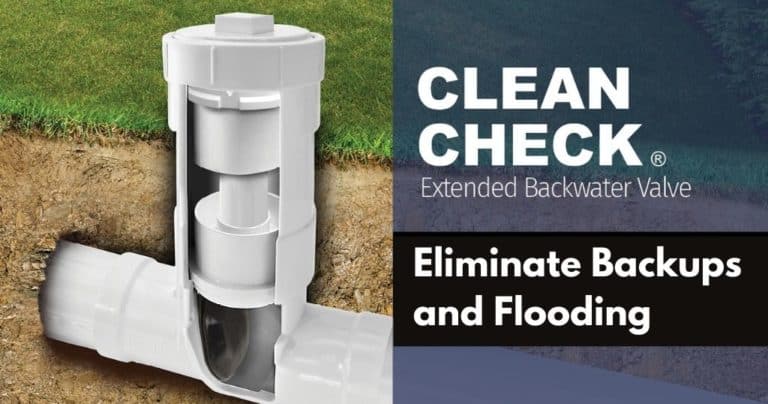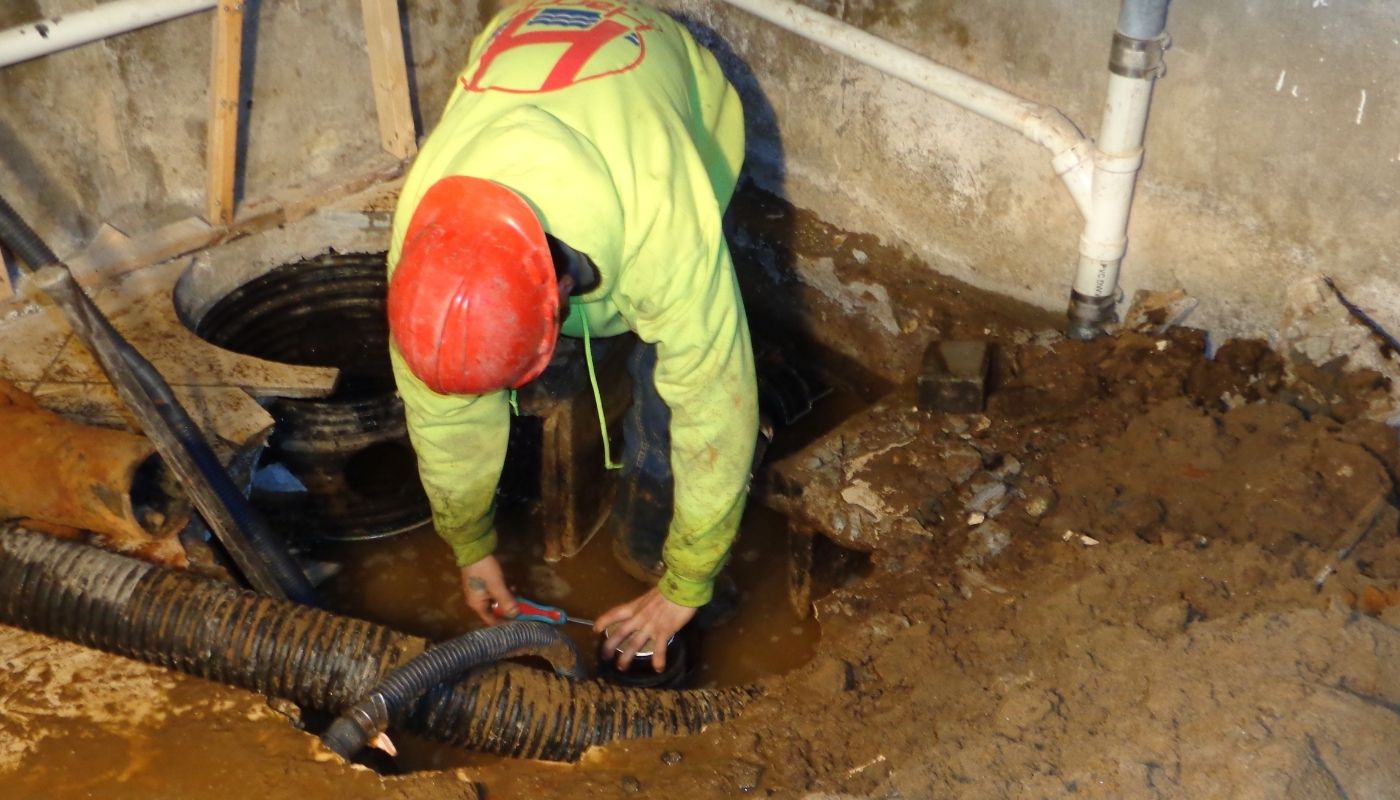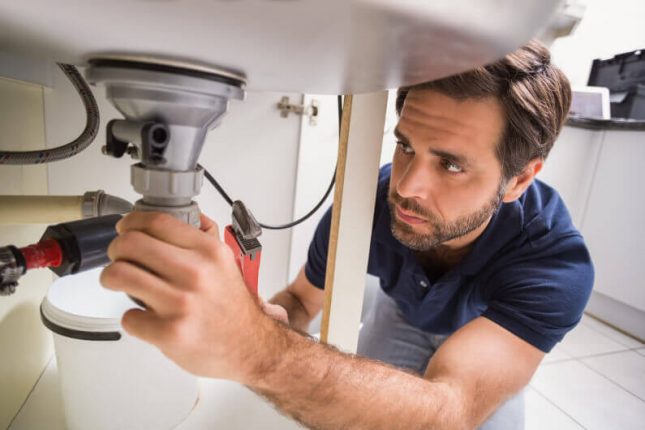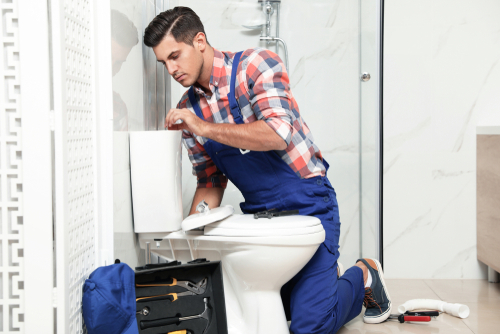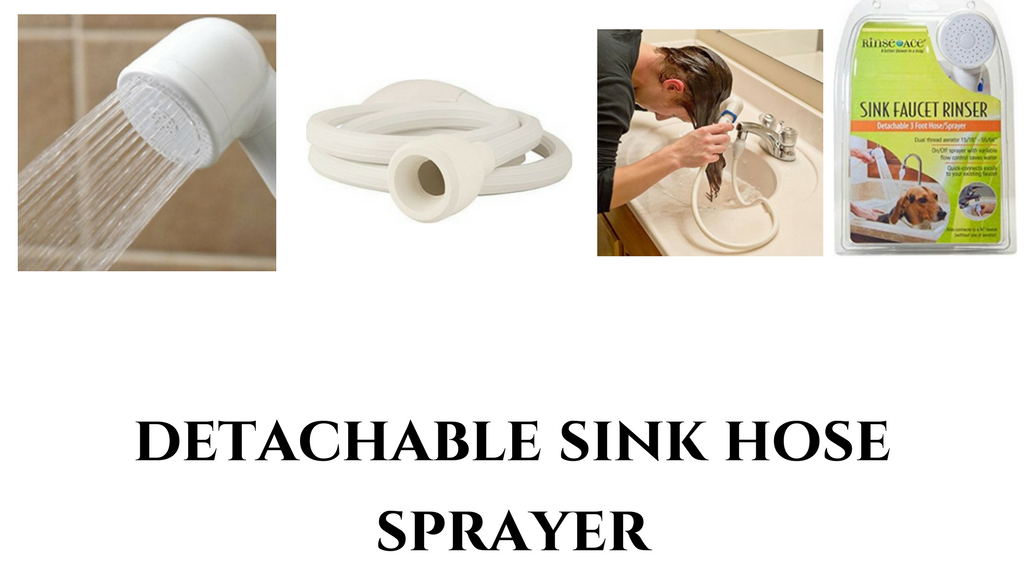If you're experiencing a strong sewer gas smell coming from your kitchen sink, the first place you should check is the P-trap. This is a curved pipe located under your sink that holds a small amount of water to prevent sewer gas from escaping into your home. If the water in the P-trap has dried up, it can allow the smell to come through. To fix this issue, simply run some water down the drain to refill the trap.1. Check the P-trap
The vent pipe is another possible culprit for a sewer gas smell in your kitchen sink. This pipe is responsible for allowing air to enter your plumbing system and prevent suction from building up. If the vent pipe is blocked or clogged, it can cause sewer gas to be trapped in your pipes and eventually make its way into your sink. To check the vent pipe, climb onto your roof and look for any debris or obstructions.2. Check the vent pipe
If your kitchen sink has a garbage disposal, it can also be a source of the sewer gas smell. The blades and walls of the garbage disposal can become coated in food particles and bacteria, which can create an unpleasant odor. To eliminate this smell, run some ice cubes and citrus peels through the disposal to clean and freshen it.3. Check the garbage disposal
If the drain line connected to your kitchen sink is damaged or improperly installed, it can cause sewer gas to seep into your home. The drain line should be securely connected to the P-trap and any other pipes leading to the main sewer line. If you suspect this is the issue, it's best to call a professional plumber to inspect and fix the problem.4. Check the drain line
If the sewer gas smell is not just limited to your kitchen sink, but also present in other areas of your home, it may be a sign of a larger problem with your sewer line. A damaged or clogged sewer line can lead to sewer gas buildup and require immediate attention from a professional plumber. Common causes of sewer line issues include tree root intrusion, corrosion, and blockages.5. Check the sewer line
Leaks in your plumbing system can also contribute to a sewer gas smell in your kitchen sink. Check for any signs of water or moisture around the pipes under your sink and on the walls or floors surrounding it. If you notice any leaks, it's important to have them repaired to prevent further damage and potential health hazards.6. Check for leaks
A clogged drain can also be the cause of a sewer gas smell in your kitchen sink. Over time, debris and buildup can accumulate in your pipes and create a blockage, which can cause sewer gas to back up into your home. If you suspect a clog, try using a plunger or a drain snake to clear the blockage. If that doesn't work, it's best to call a professional for help.7. Check for clogs
Plumbing vents are critical for maintaining proper air flow and preventing sewer gas from escaping into your home. These vents are typically located on the roof and can become clogged with debris or damaged over time. If you notice a sewer gas smell in your kitchen sink, it's a good idea to check the vents to make sure they are clear and functioning properly.8. Check the plumbing vents
The sewer cleanout is an access point to your main sewer line and is usually located outside your home. If you notice a strong sewer gas smell coming from this area, it could indicate a blockage or other issue with your sewer line. In this case, it's best to call a plumber to inspect and address the problem.9. Check the sewer cleanout
If you've checked all of the above and still can't find the source of the sewer gas smell in your kitchen sink, it's time to call a professional plumber. They have the expertise and tools to properly diagnose and fix any plumbing issues that may be causing the smell. Don't ignore a persistent sewer gas smell, as it can be a sign of a more serious problem that requires immediate attention. In conclusion, a sewer gas smell coming from your kitchen sink can be caused by a variety of issues, from a simple P-trap drying out to more complex sewer line problems. By checking these 10 areas and addressing any issues, you can eliminate the unpleasant odor and ensure the safety and functionality of your plumbing system.10. Call a plumber
Possible Causes of Sewer Gas Smell Coming from Kitchen Sink
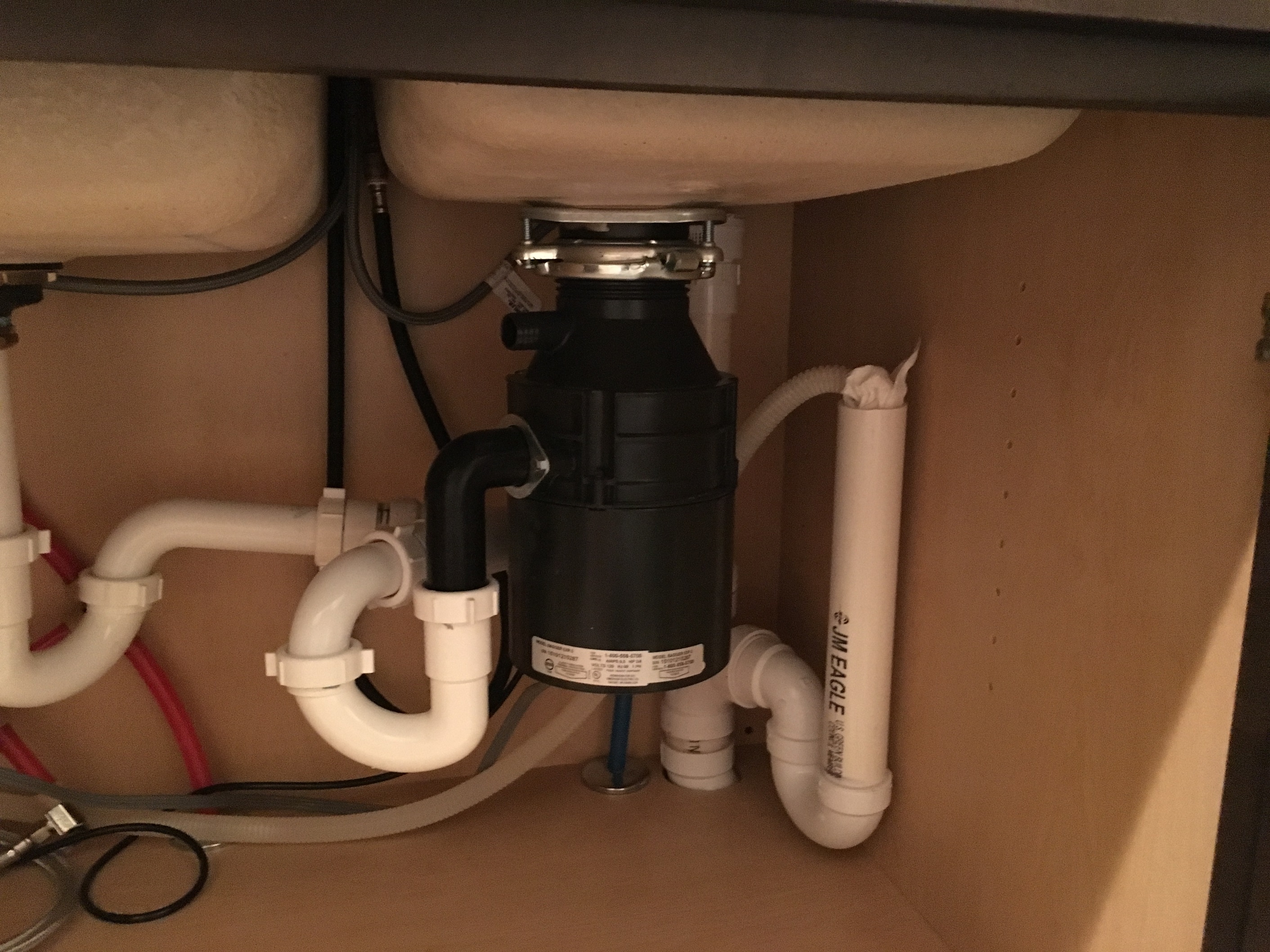
Blocked or Damaged Sewer Pipes
 One of the main causes of sewer gas smell coming from the kitchen sink could be due to blocked or damaged sewer pipes. Over time, the pipes connecting your kitchen sink to the main sewer line can become clogged with debris, causing a buildup of gases. These gases can then seep back into your home through the sink drain, resulting in a foul odor. Additionally, any cracks or breaks in the pipes can also allow sewer gas to escape into your kitchen.
One of the main causes of sewer gas smell coming from the kitchen sink could be due to blocked or damaged sewer pipes. Over time, the pipes connecting your kitchen sink to the main sewer line can become clogged with debris, causing a buildup of gases. These gases can then seep back into your home through the sink drain, resulting in a foul odor. Additionally, any cracks or breaks in the pipes can also allow sewer gas to escape into your kitchen.
Improper Ventilation System
:max_bytes(150000):strip_icc()/sink-pipe-under-wash-basin-119001607-6f28aec4c66944efb7a9a38cb622ab8b.jpg) Another potential cause of the unpleasant smell could be an inadequate ventilation system. Every plumbing system needs proper ventilation to allow air to flow through the pipes and prevent the buildup of pressurized gas. If your kitchen sink does not have a proper venting system, it could lead to the buildup of sewer gas. This issue can be easily resolved by installing a venting pipe or ensuring that the existing one is not blocked or damaged.
Another potential cause of the unpleasant smell could be an inadequate ventilation system. Every plumbing system needs proper ventilation to allow air to flow through the pipes and prevent the buildup of pressurized gas. If your kitchen sink does not have a proper venting system, it could lead to the buildup of sewer gas. This issue can be easily resolved by installing a venting pipe or ensuring that the existing one is not blocked or damaged.
Dry P-Trap
 The P-trap is a curved section of pipe under your sink that is designed to trap water in order to block sewer gases from entering your home. However, if your kitchen sink has not been used for an extended period of time, the water in the P-trap can evaporate, leaving it dry and allowing sewer gas to enter your home. To fix this issue, simply run water down the sink to refill the P-trap.
The P-trap is a curved section of pipe under your sink that is designed to trap water in order to block sewer gases from entering your home. However, if your kitchen sink has not been used for an extended period of time, the water in the P-trap can evaporate, leaving it dry and allowing sewer gas to enter your home. To fix this issue, simply run water down the sink to refill the P-trap.
Improperly Installed or Faulty Sink Trap
 The sink trap is another important component of your plumbing system that helps to prevent sewer gas from entering your home. If it is not installed correctly or is damaged, it can lead to a leak, which can result in the release of sewer gas into your kitchen. If you suspect that your sink trap may be the culprit, it is best to call a professional plumber to inspect and repair it.
In conclusion, a sewer gas smell coming from your kitchen sink is not only unpleasant, but it can also be a health hazard. If you are experiencing this issue, it is crucial to identify and address the root cause as soon as possible. By understanding these potential causes, you can take the necessary steps to prevent and resolve the issue, keeping your home smelling fresh and clean.
The sink trap is another important component of your plumbing system that helps to prevent sewer gas from entering your home. If it is not installed correctly or is damaged, it can lead to a leak, which can result in the release of sewer gas into your kitchen. If you suspect that your sink trap may be the culprit, it is best to call a professional plumber to inspect and repair it.
In conclusion, a sewer gas smell coming from your kitchen sink is not only unpleasant, but it can also be a health hazard. If you are experiencing this issue, it is crucial to identify and address the root cause as soon as possible. By understanding these potential causes, you can take the necessary steps to prevent and resolve the issue, keeping your home smelling fresh and clean.



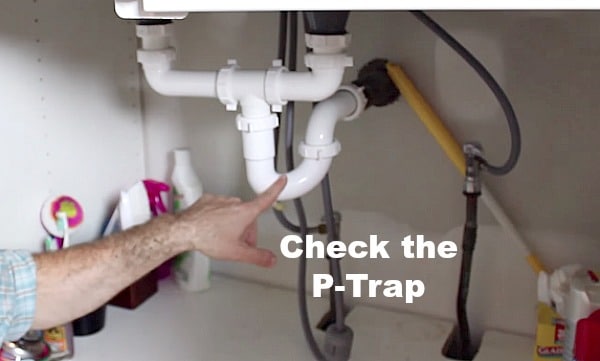
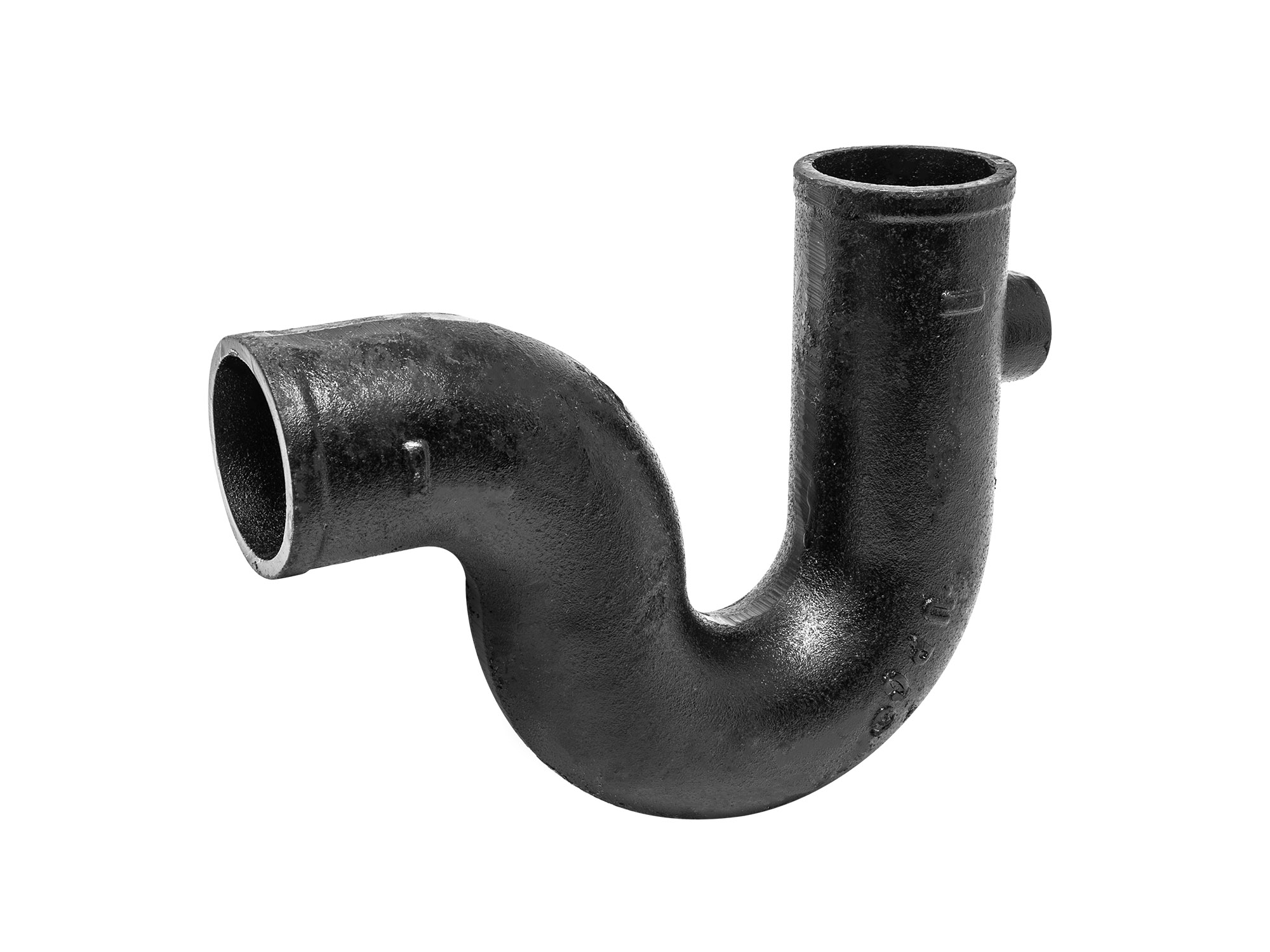
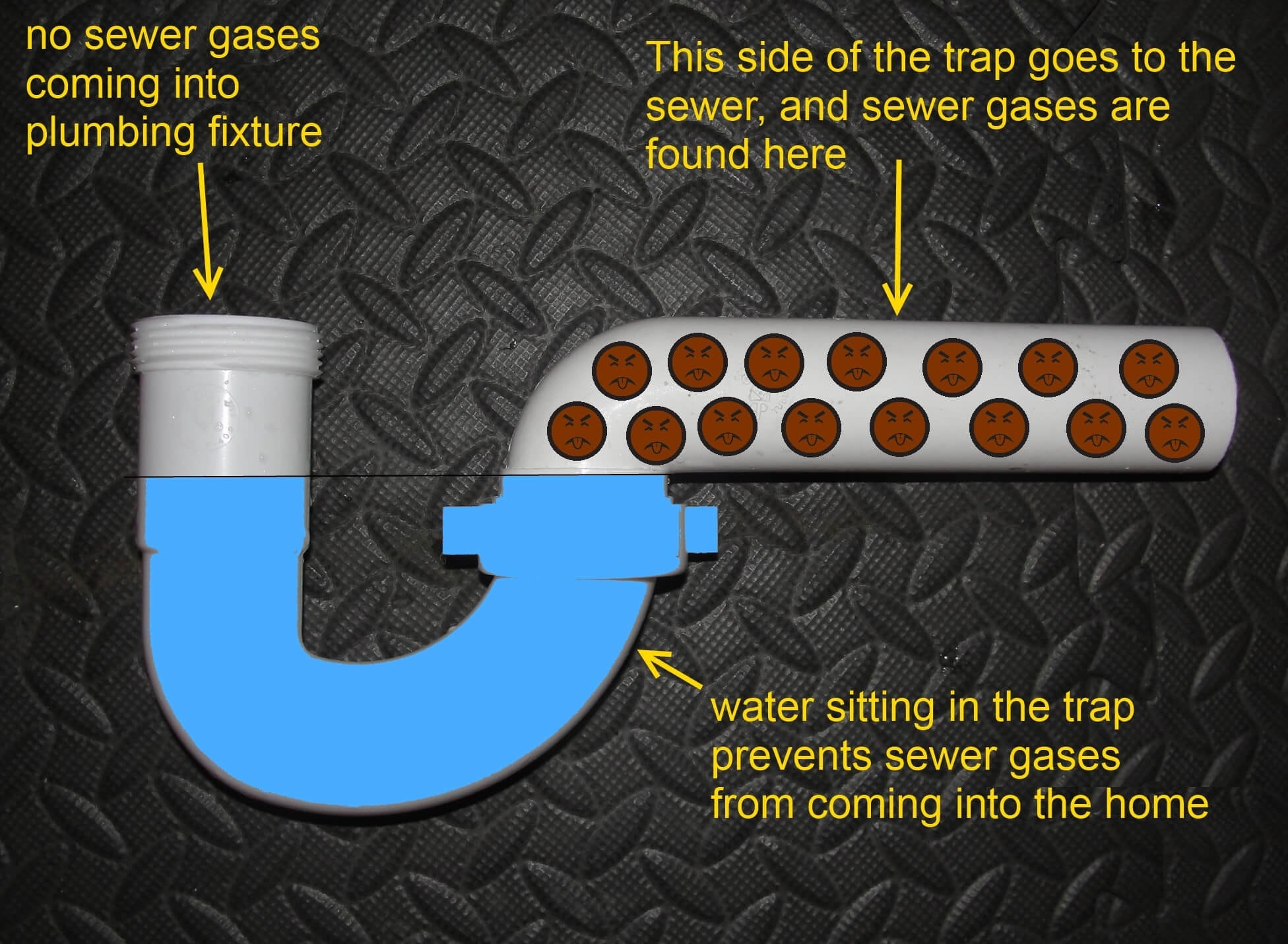

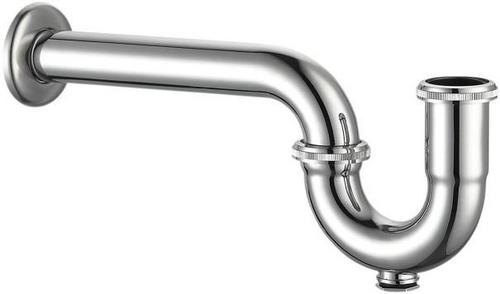


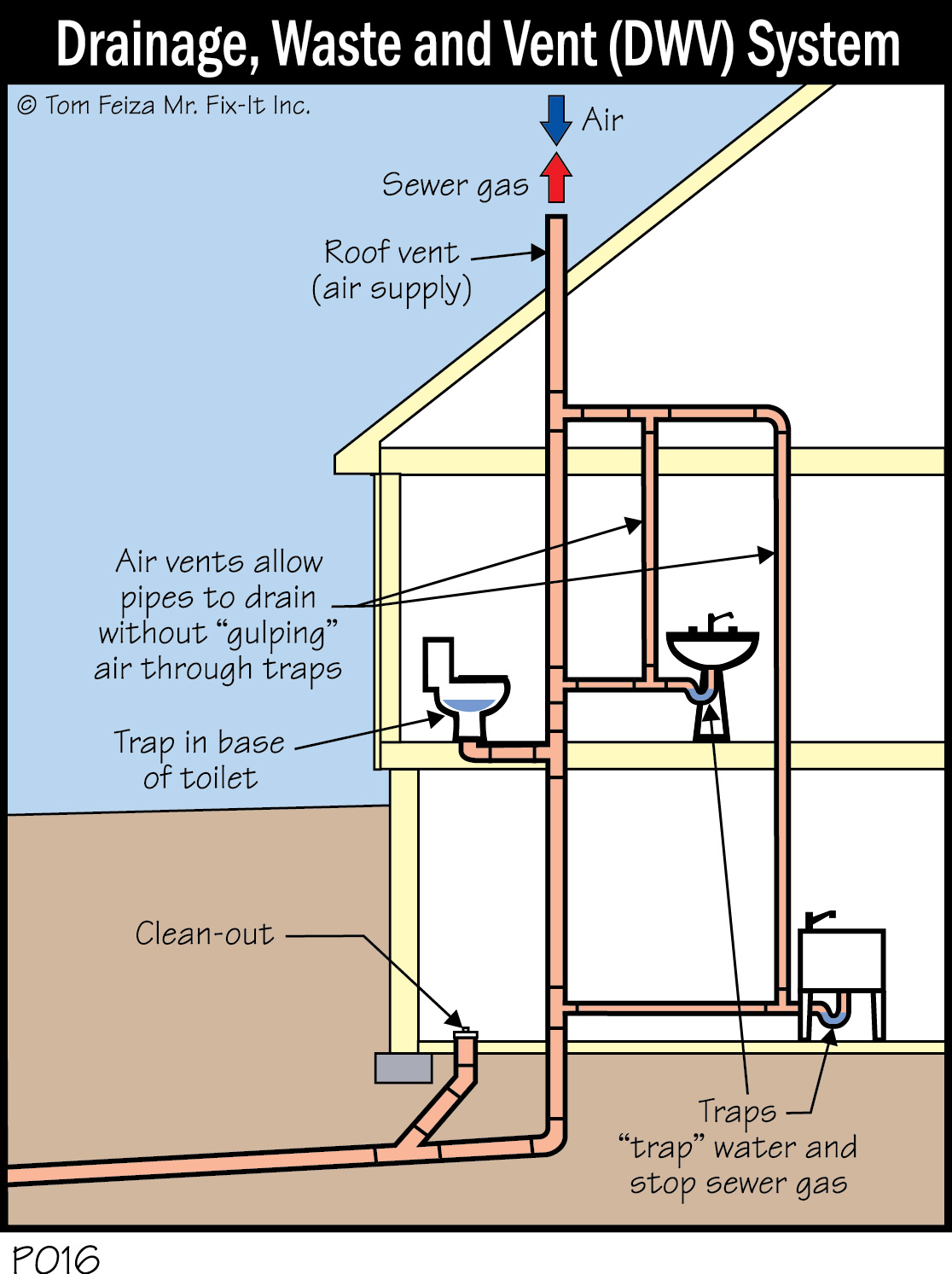

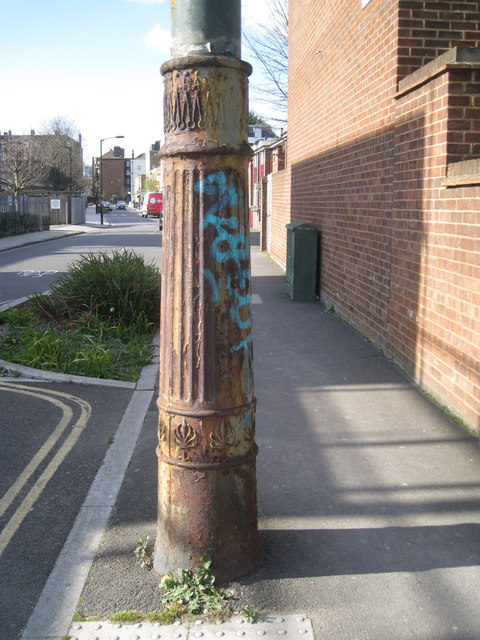


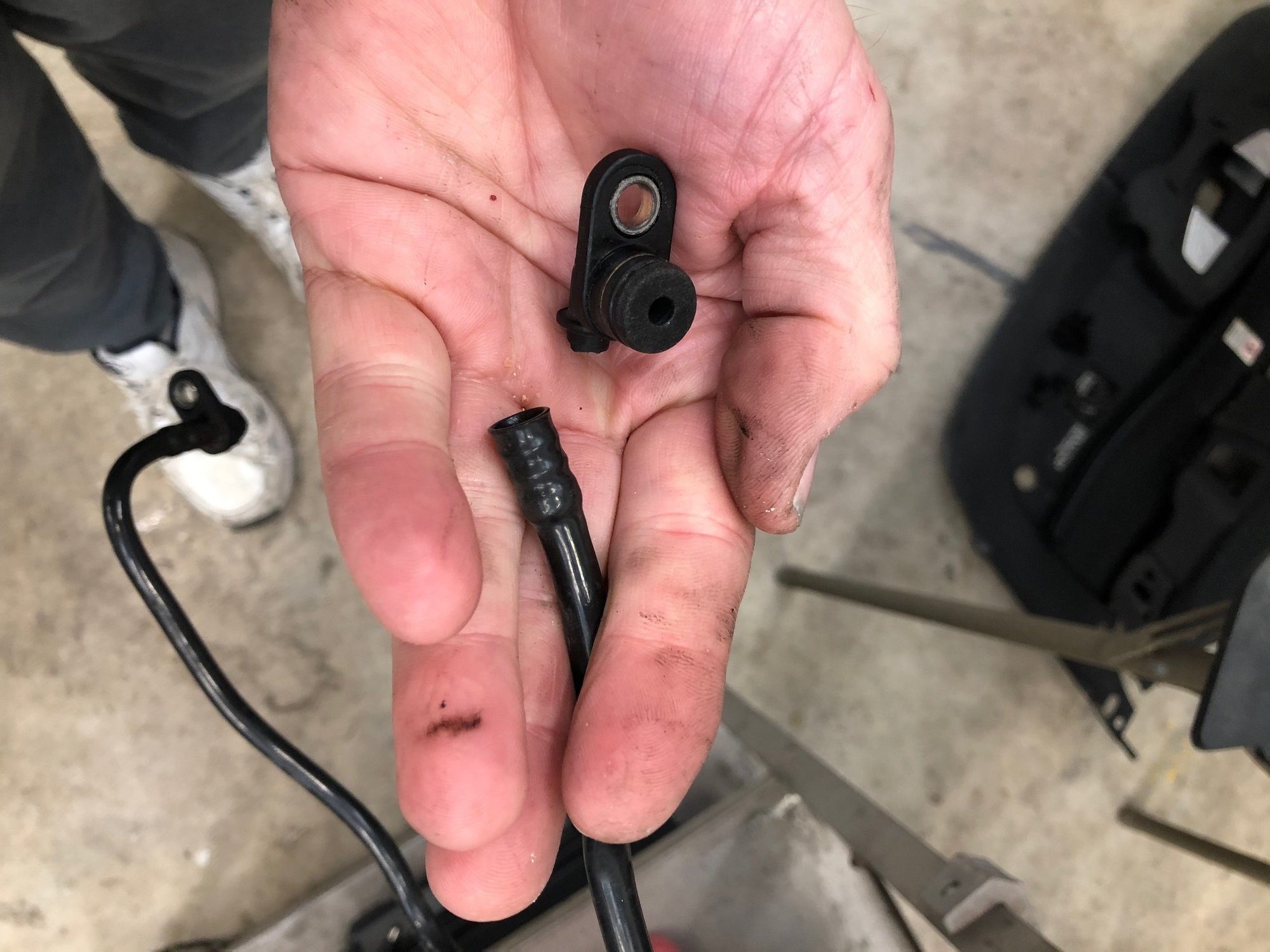
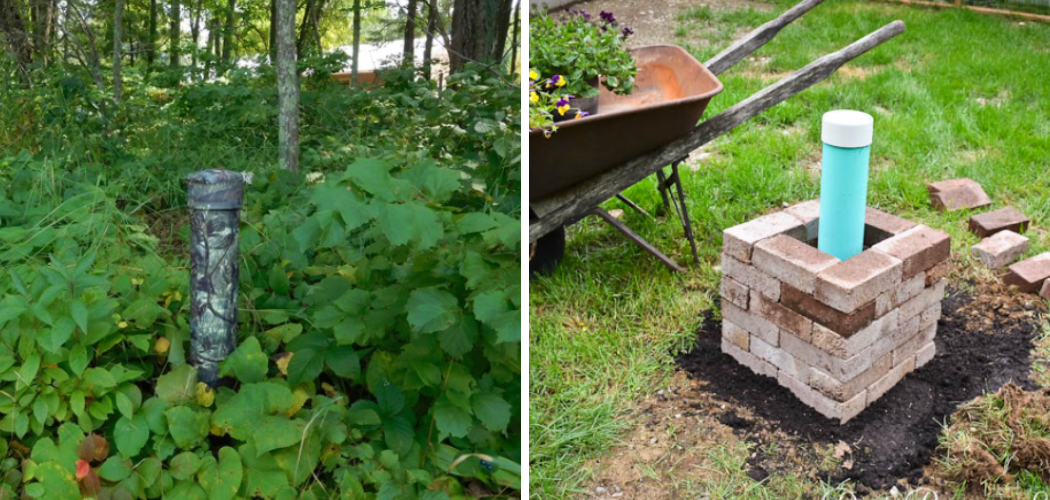





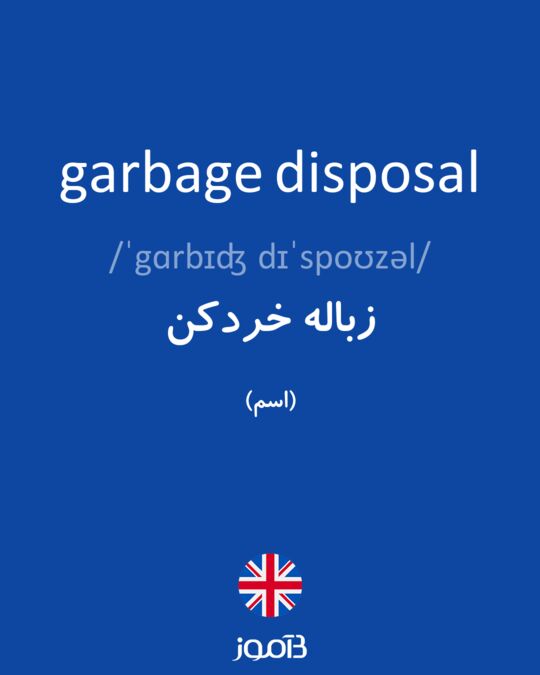
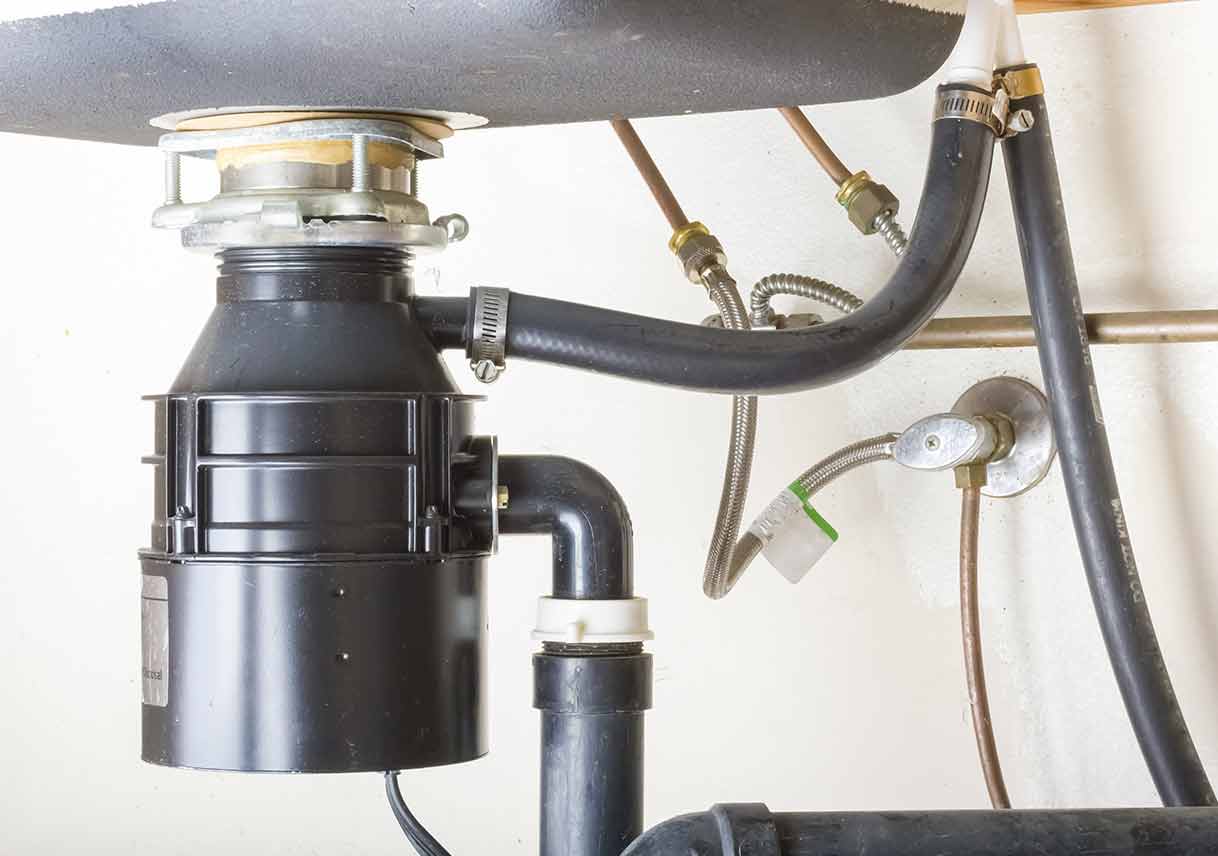






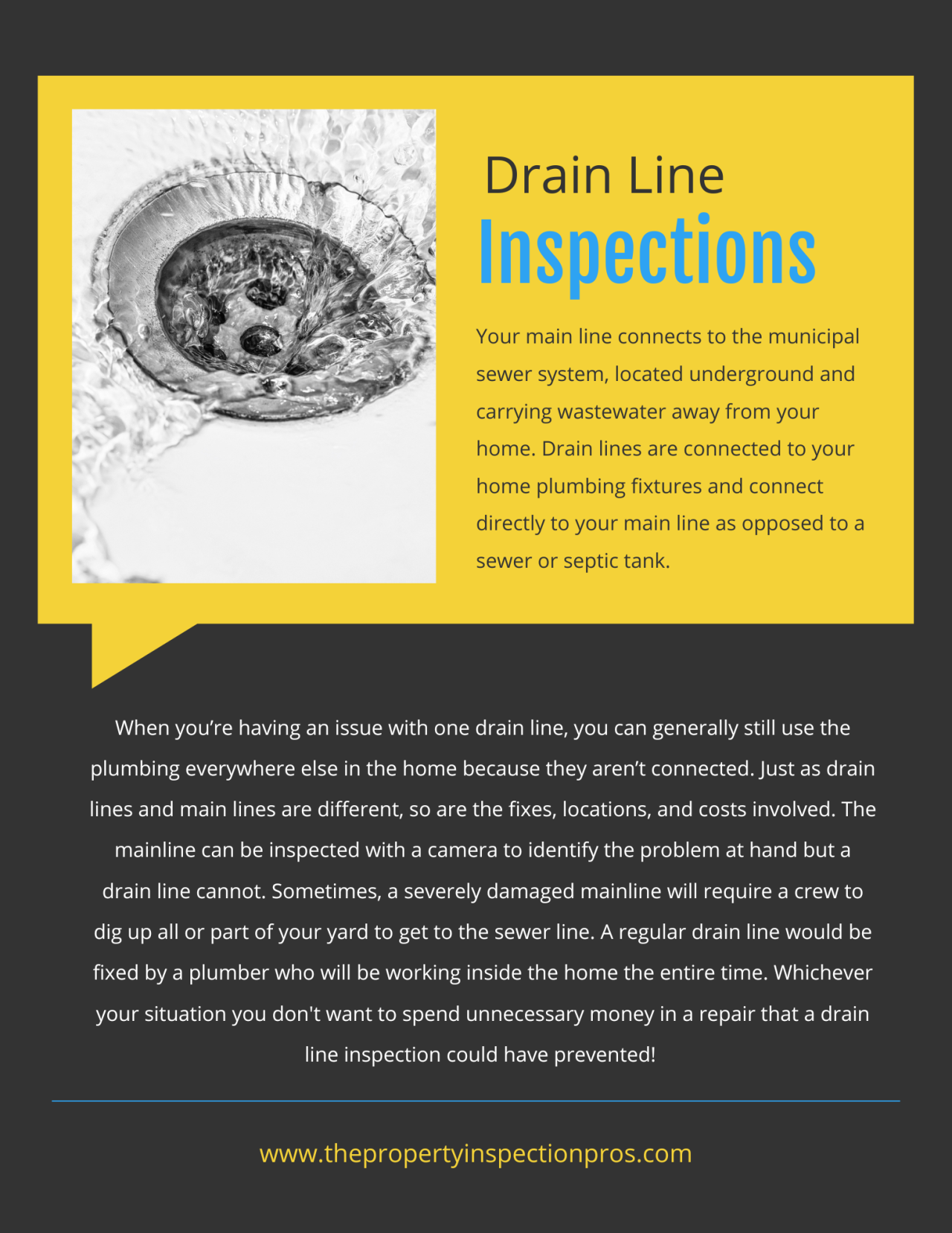
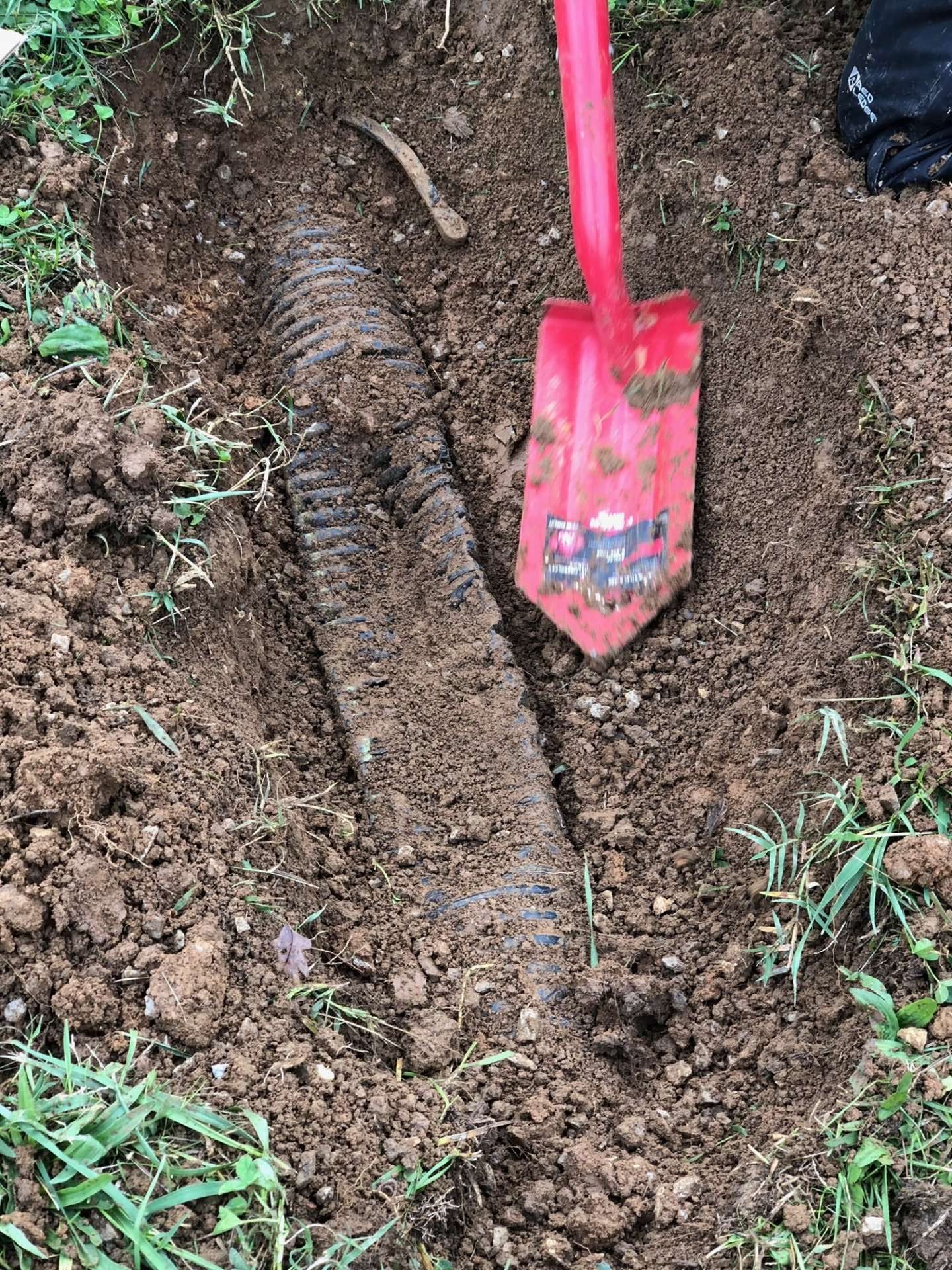

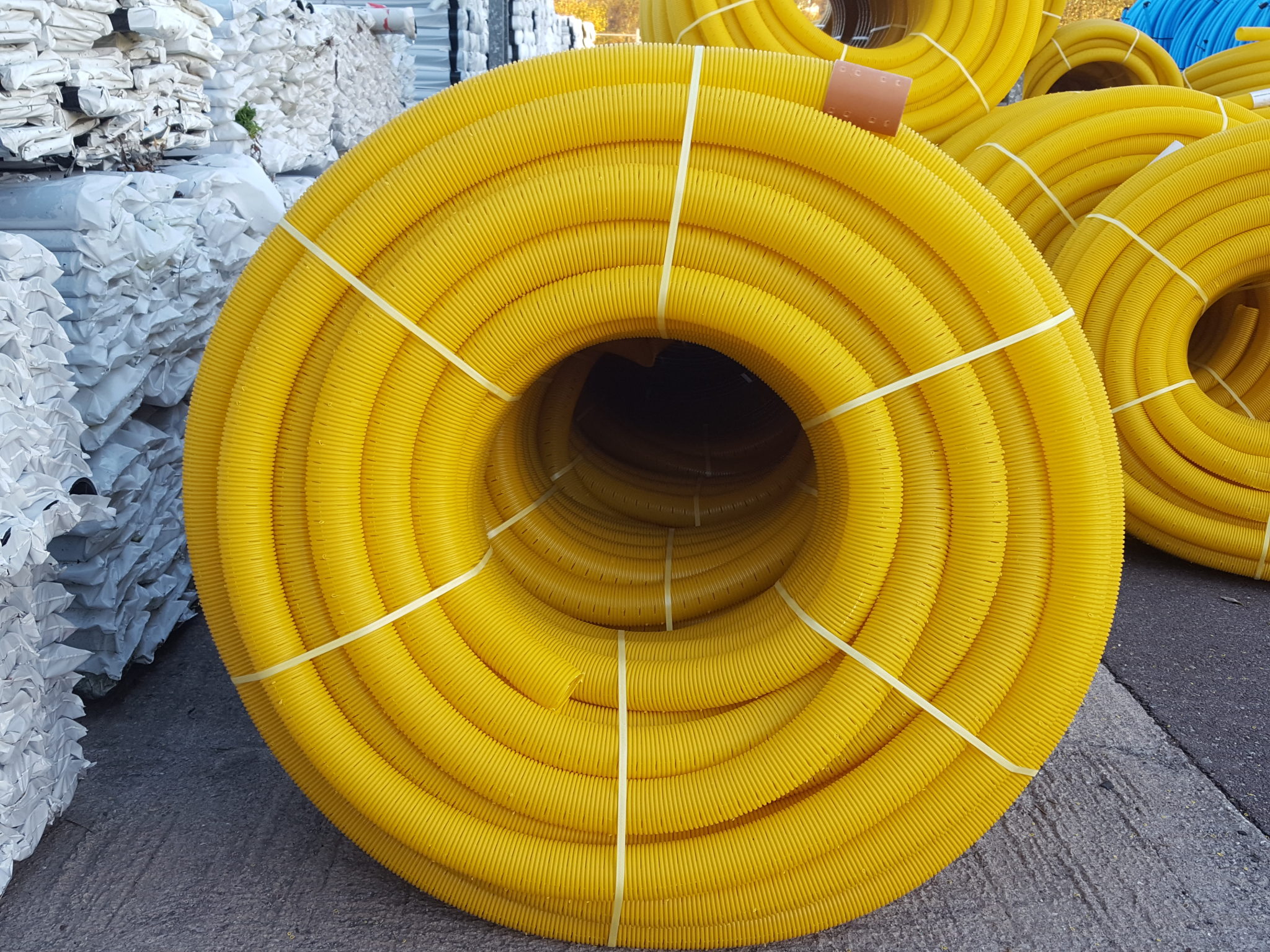


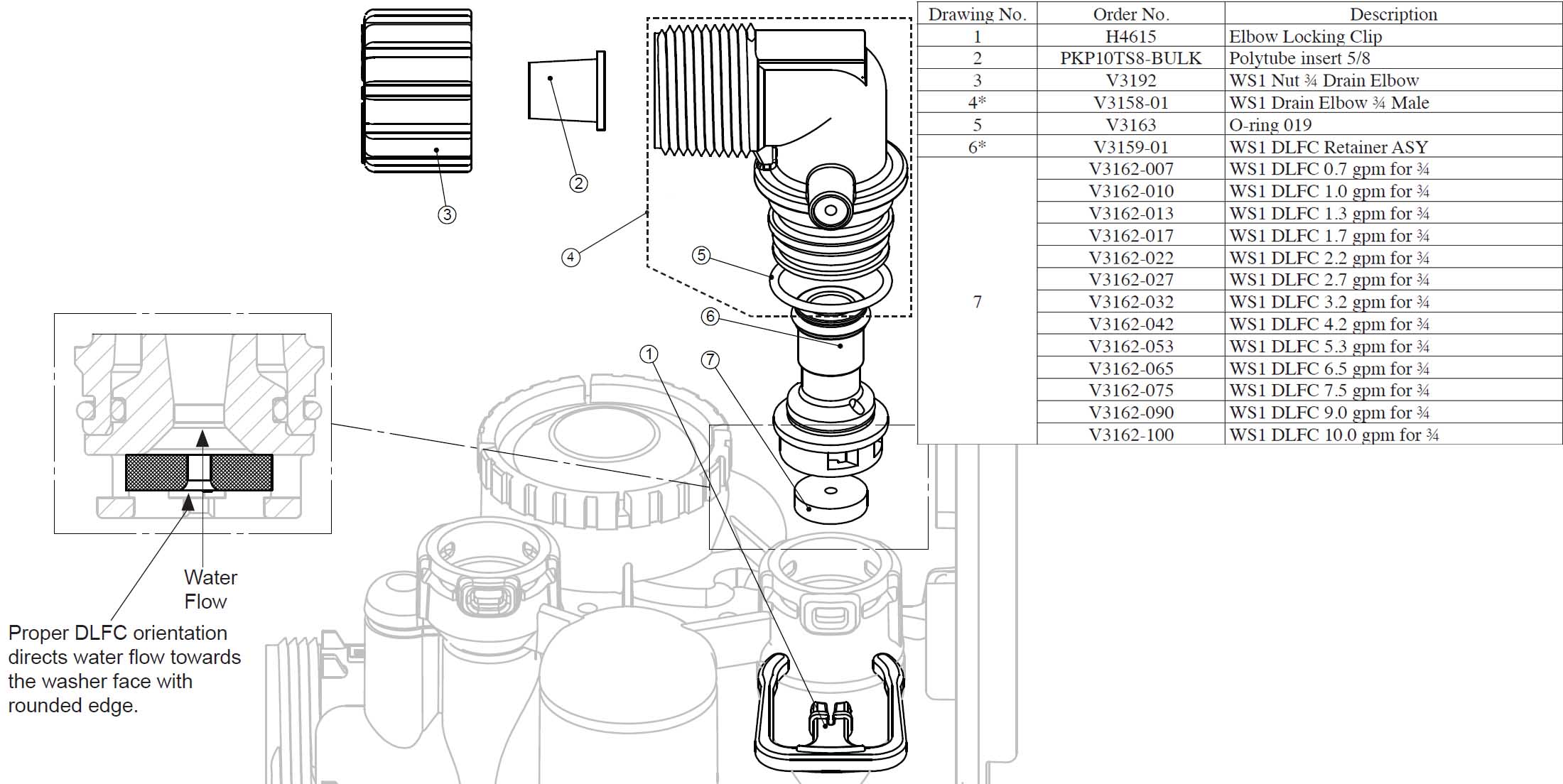



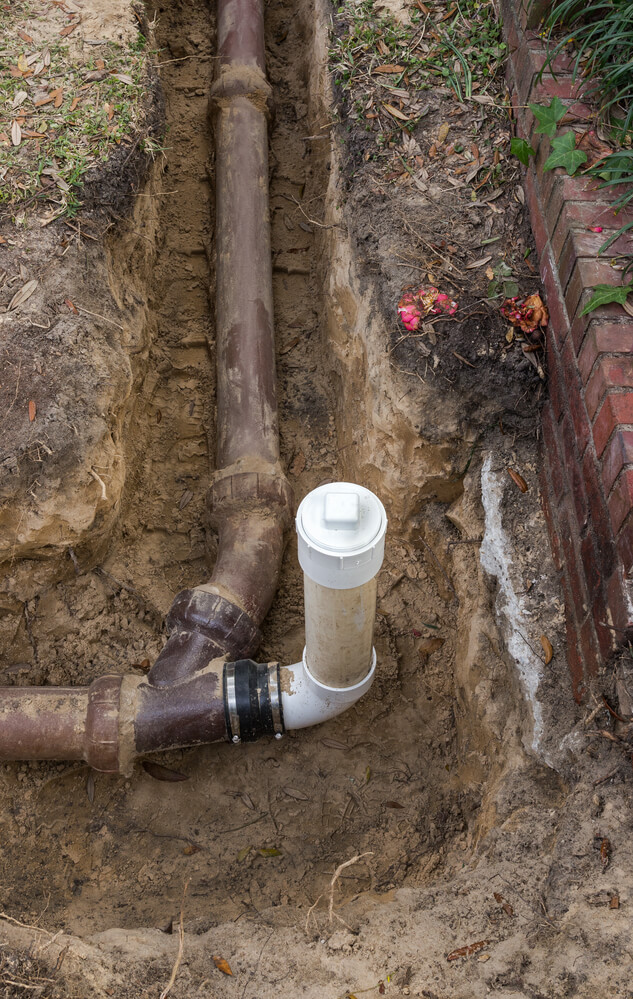
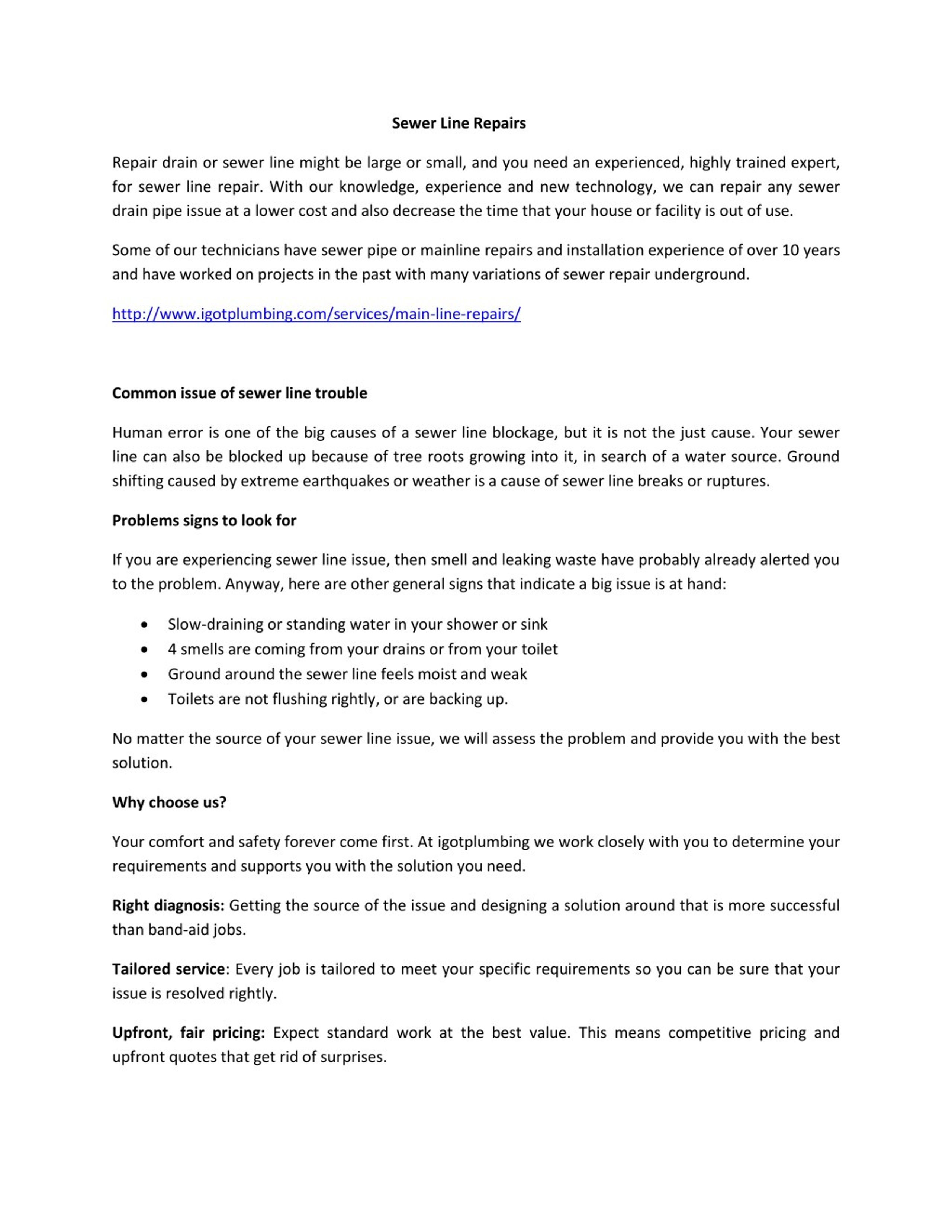


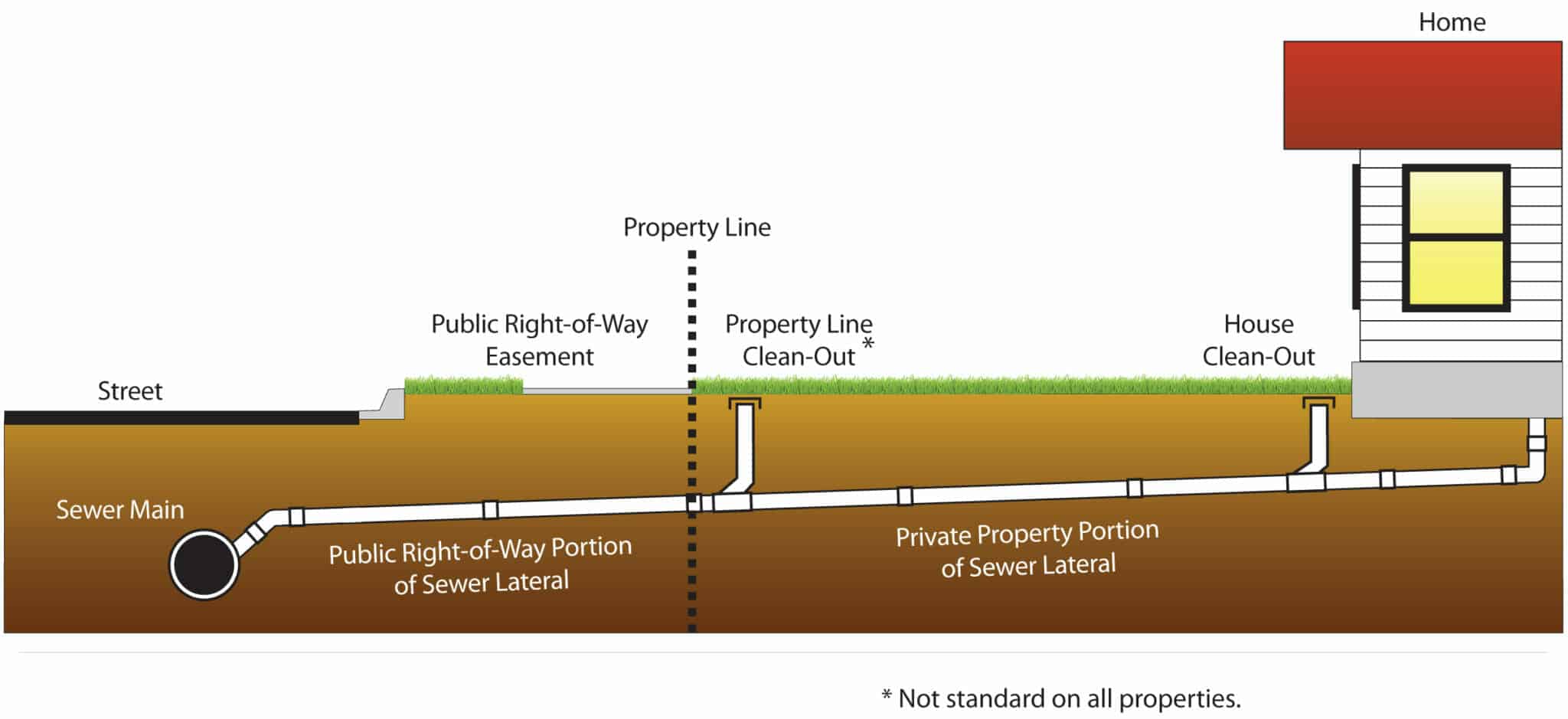
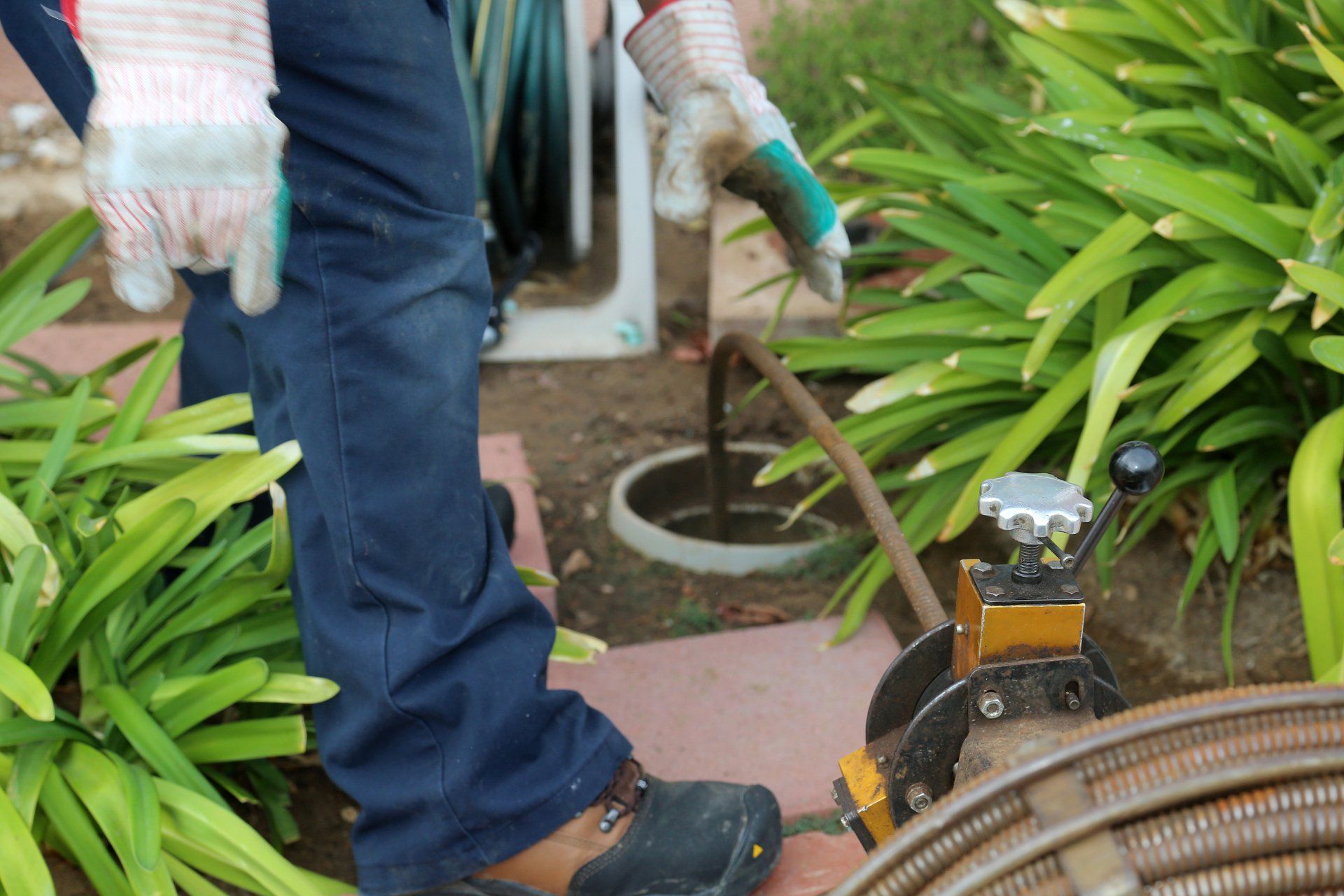


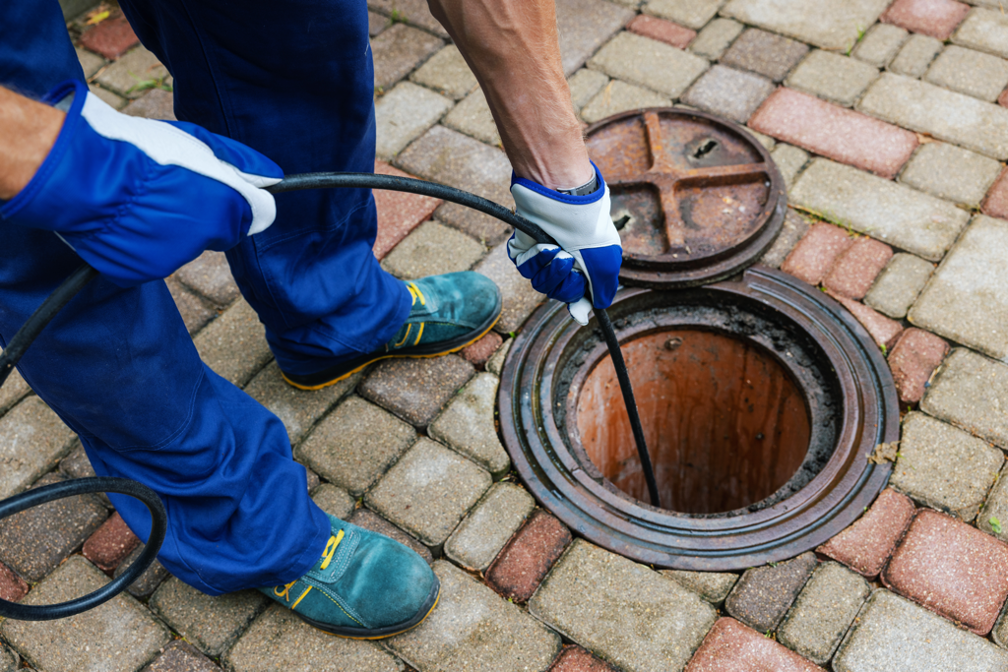




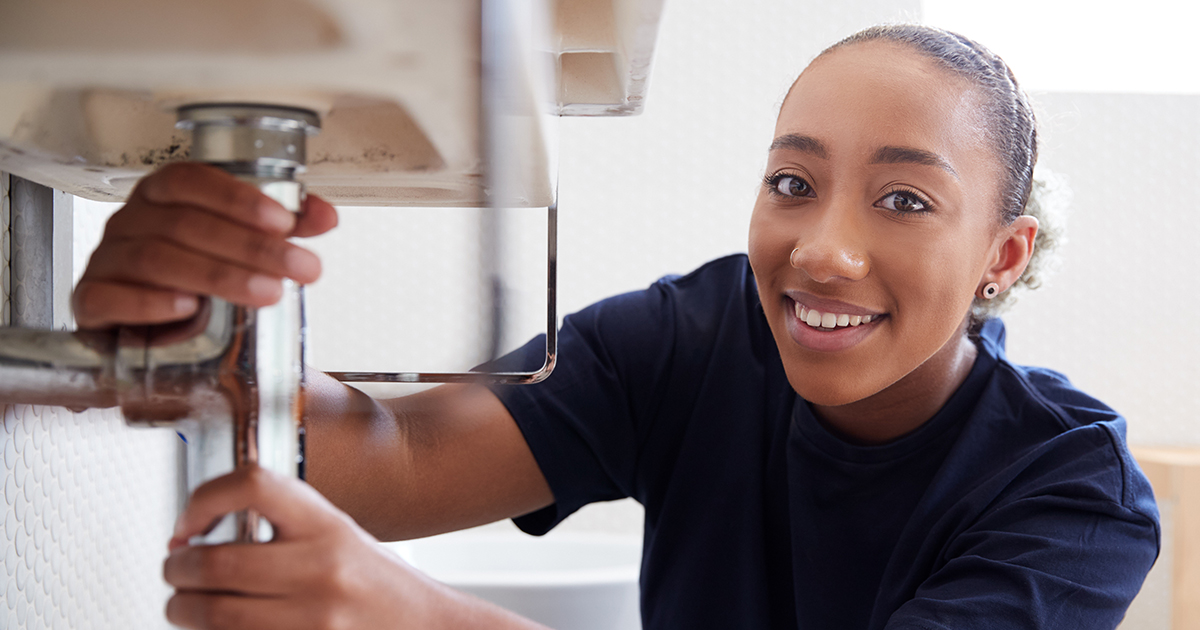



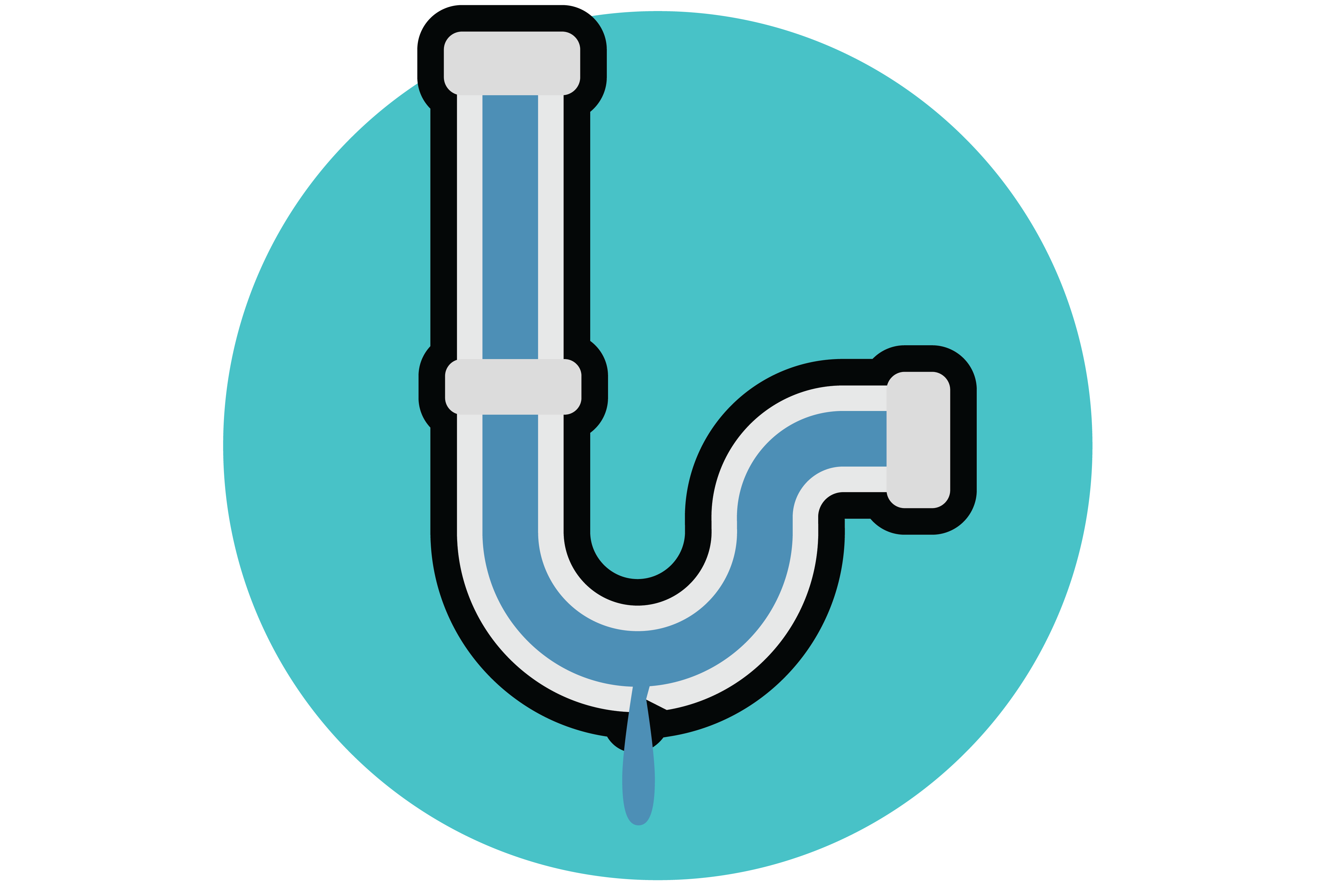





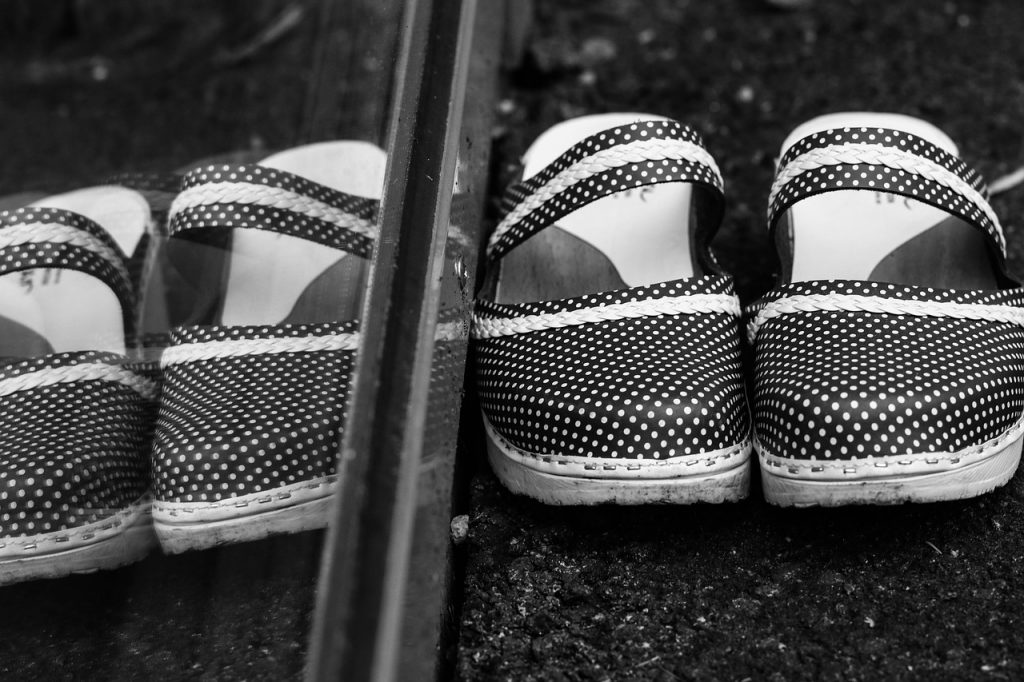









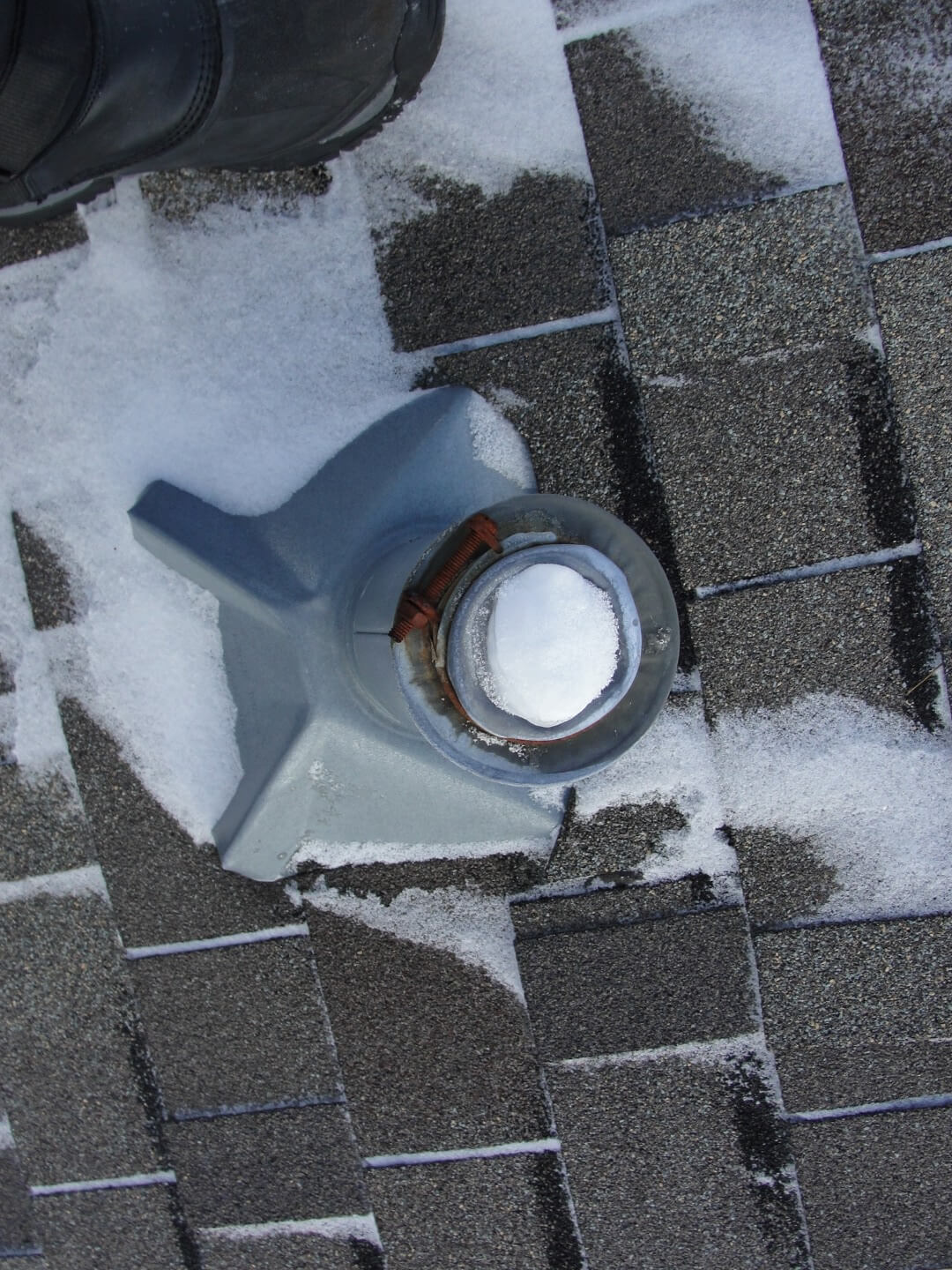
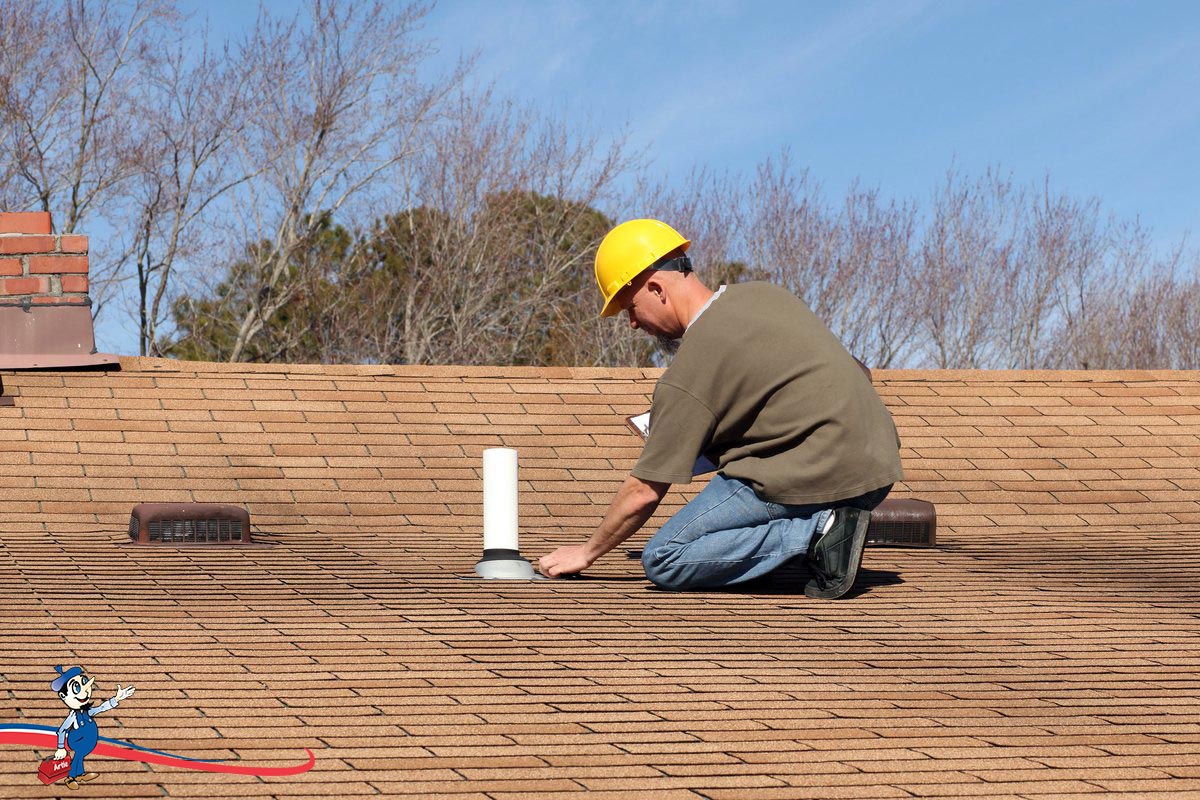

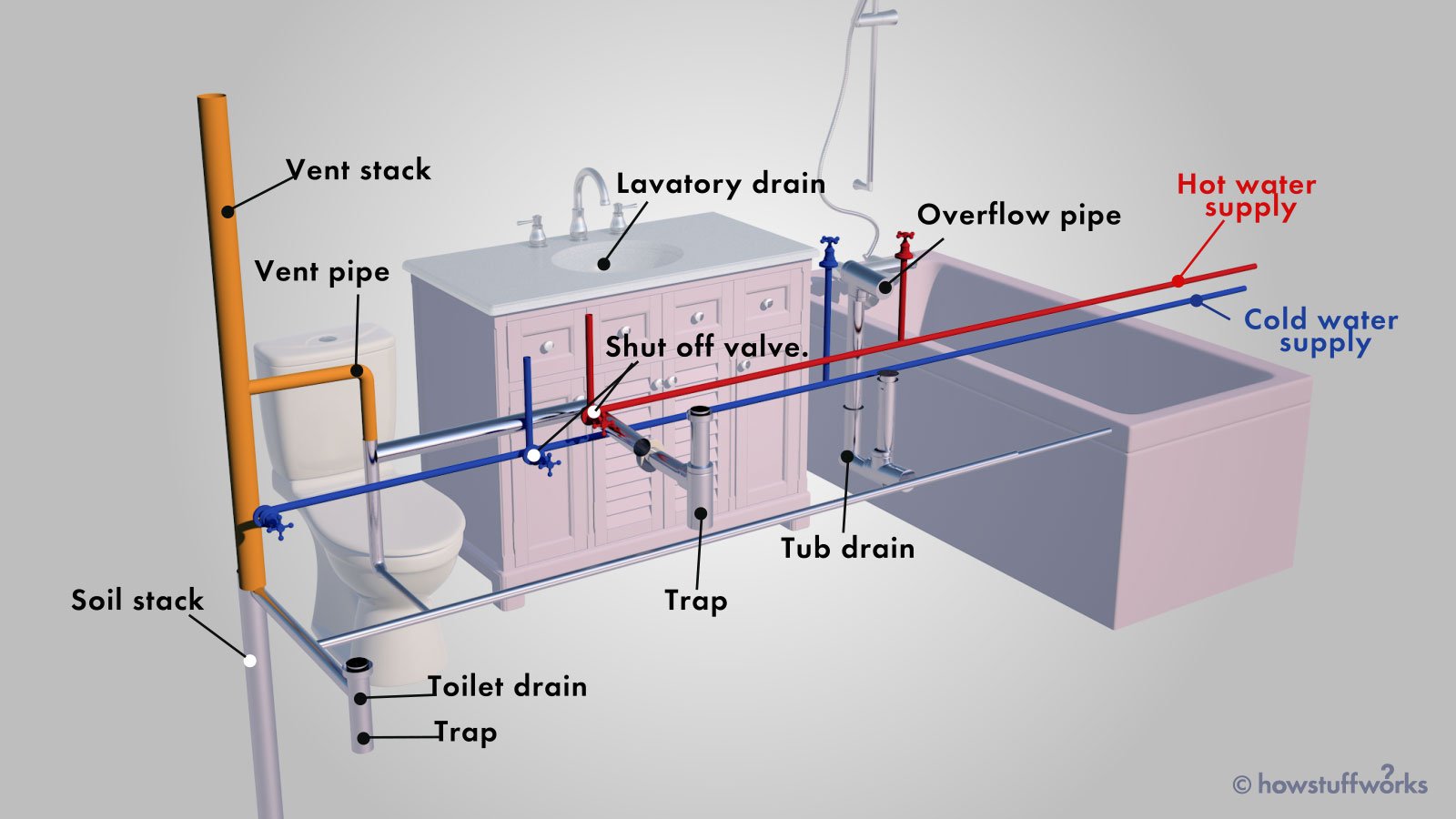
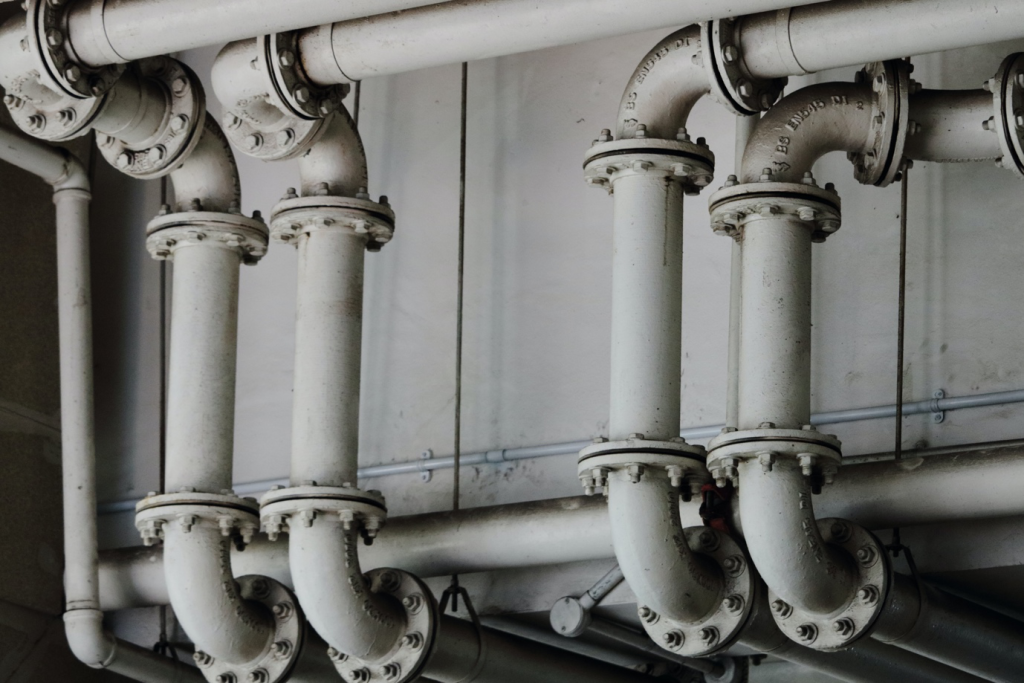

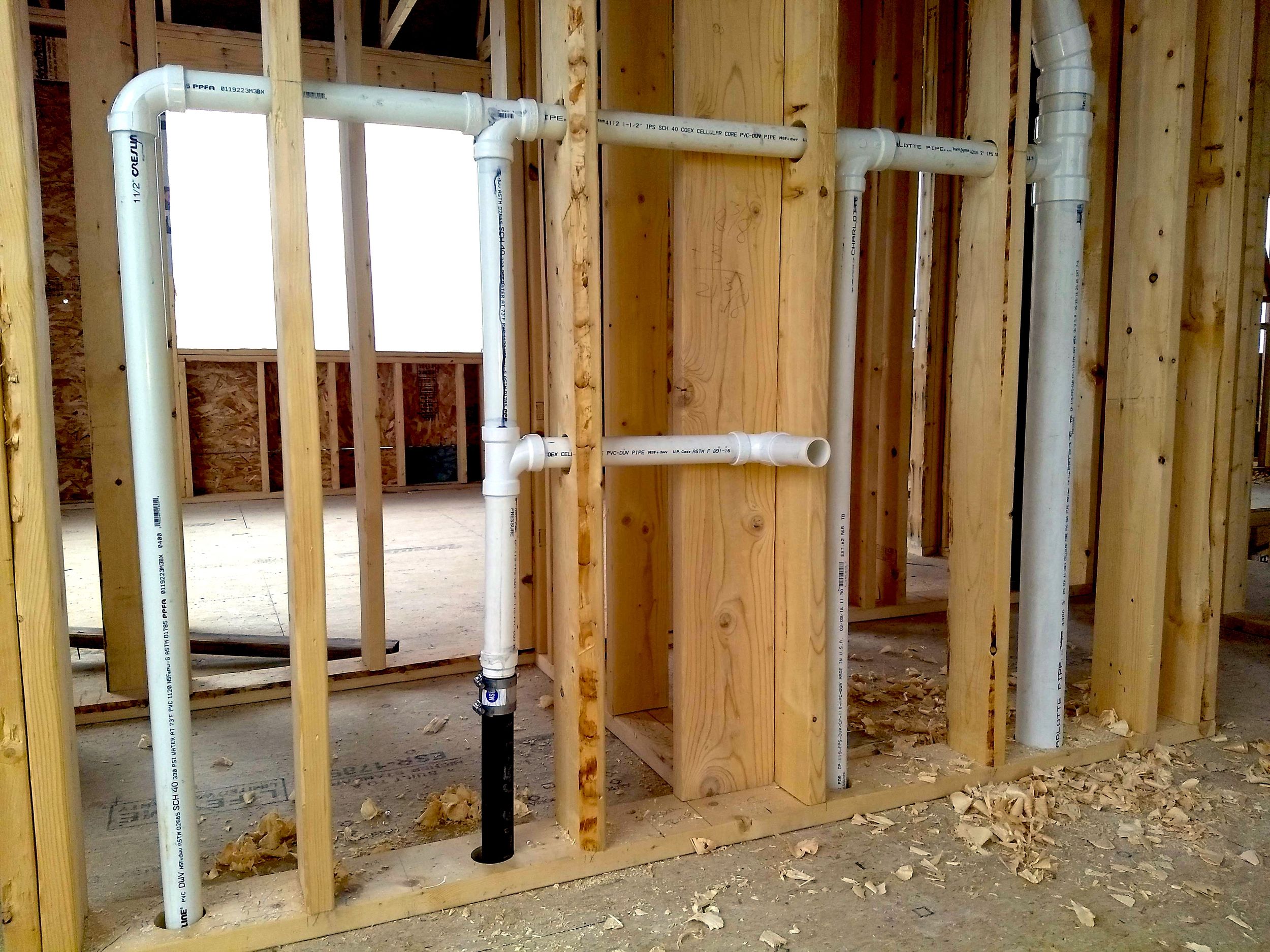


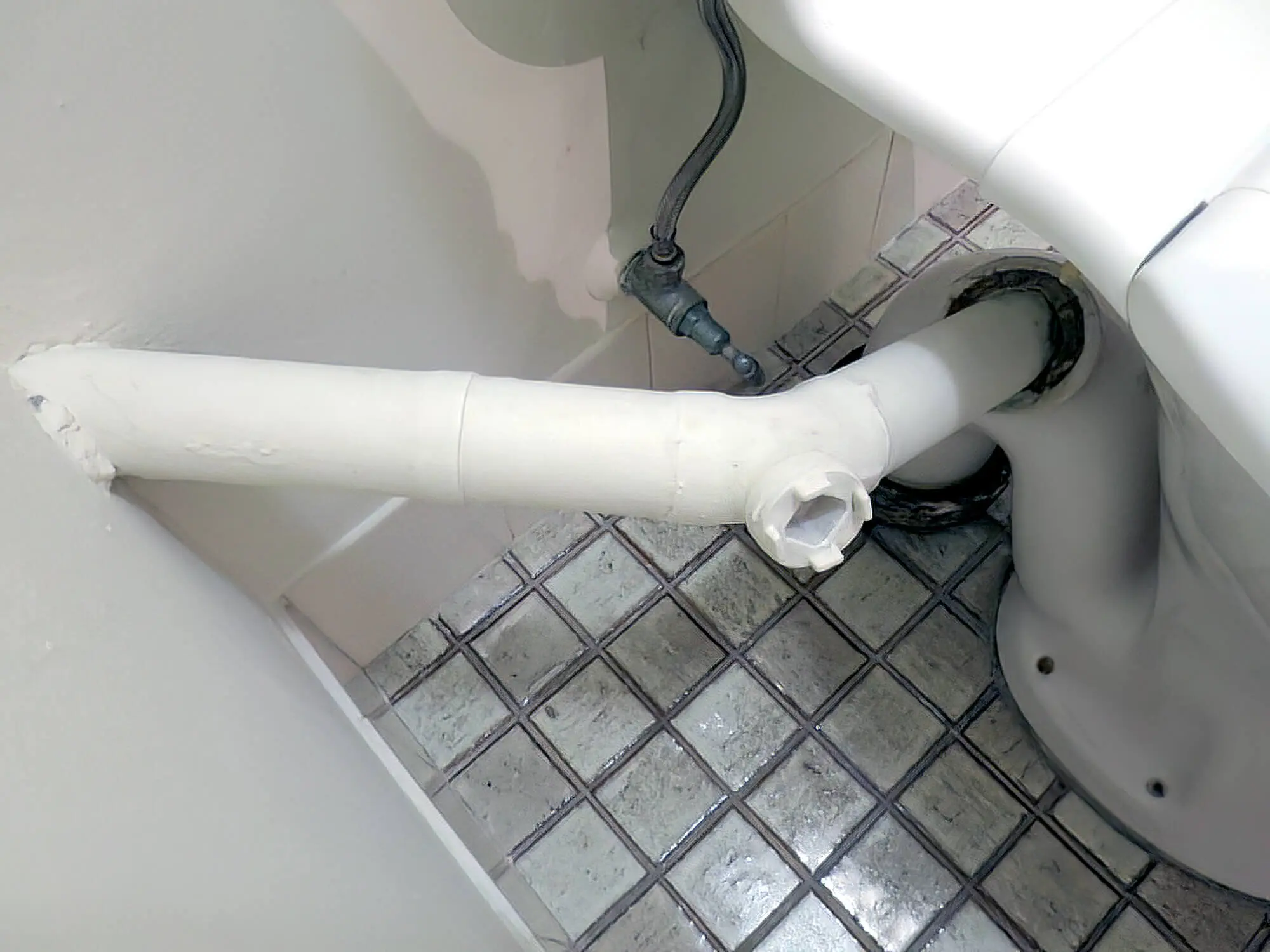

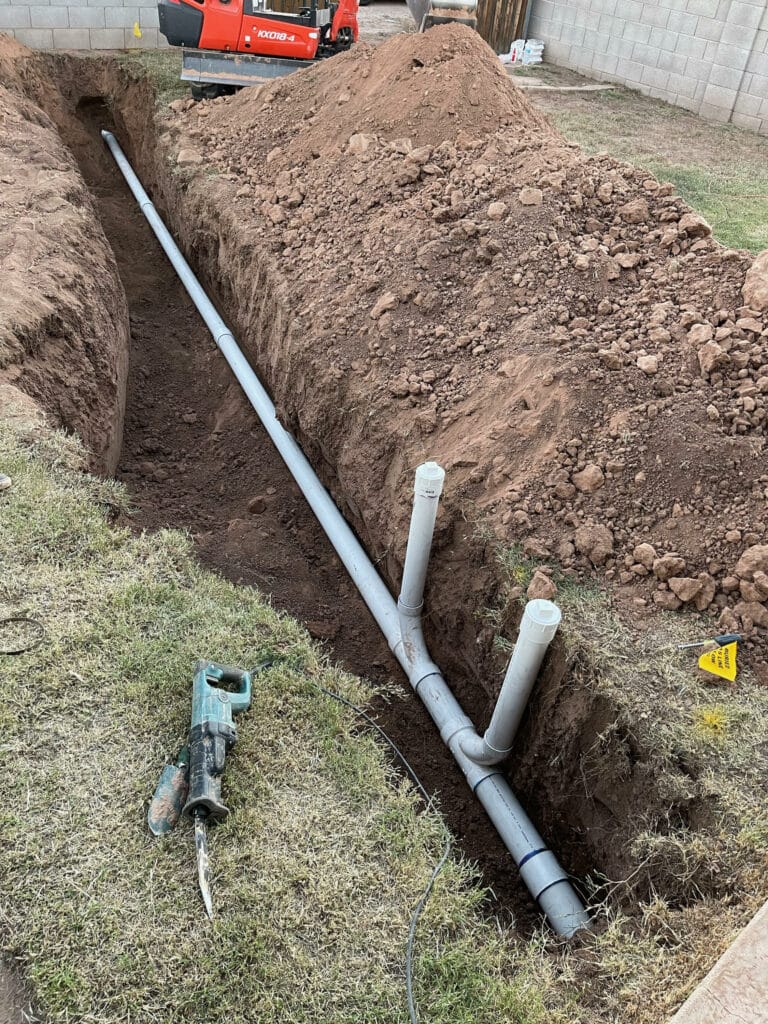
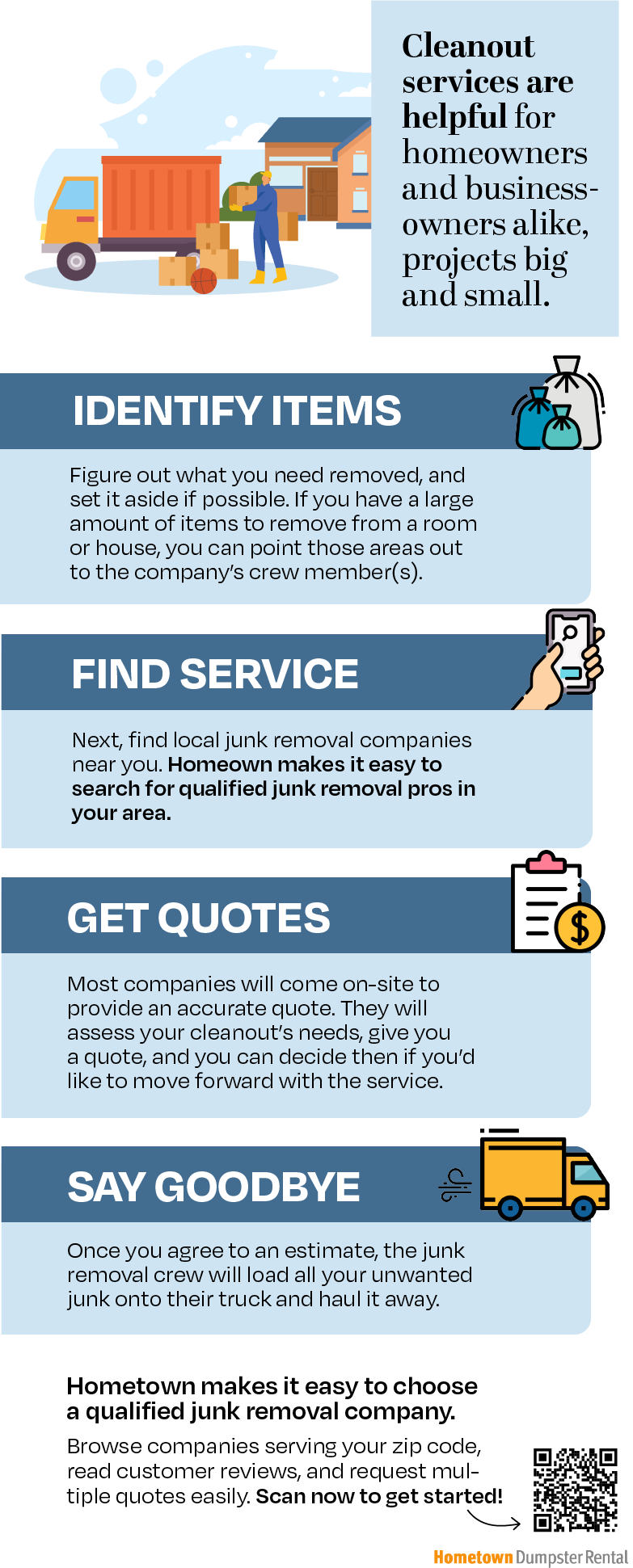



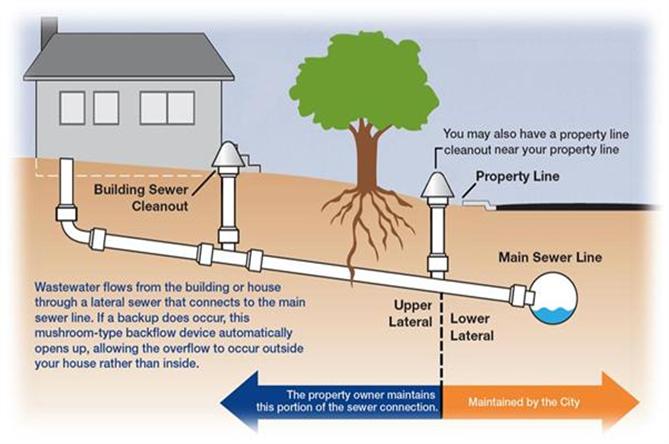

/sewer-clean-out-where-to-find-it-3973572-01-9a32086a48864ae9822714658ee41eb1.jpg)

